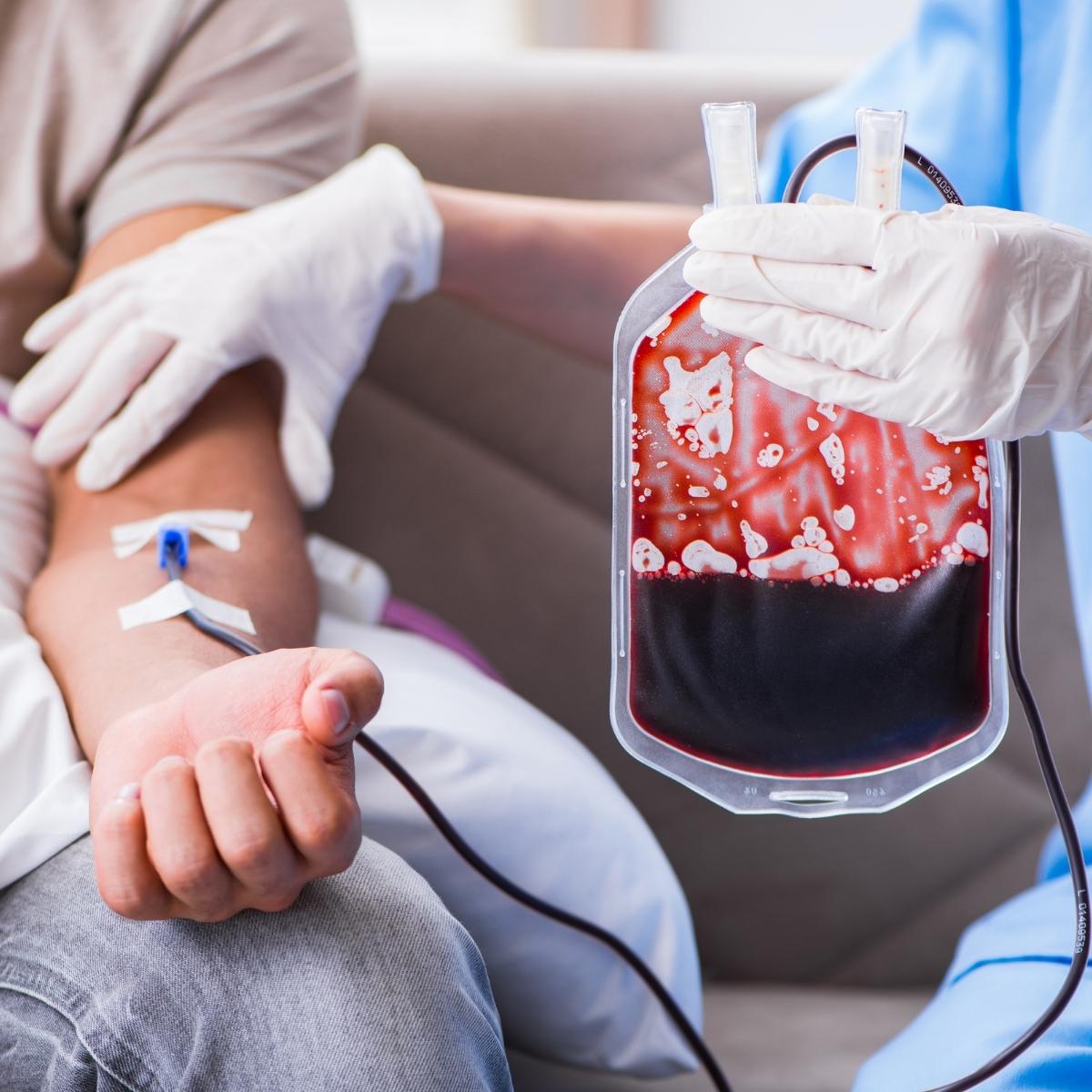Causative & risk factors
Vitamin deficiency anemia can be caused due to deficiency of one or more of Vitamin B12, Vitamin C or folate.
Vitamin B12 deficiency anemia is caused due to a dietary deficiency of vitamin B12 especially in vegetarians, since it is primarily found in foods of animal origin. Surgery on the stomach or small intestine prevents the absorption of B12 thus causing deficiency. Intestinal diseases such as Crohn’s disease, autoimmune conditions such as intrinsic factor deficiency and intestinal infections such as tapeworm also affect the absorption of vitamin B12; thus leading to anemia.
Folate deficiency anemia is caused due to a dietary deficiency of folate or due to conditions affecting the absorption of folate. Intestinal surgery, celiac disease, excessive alcohol intake, certain medications etc. affect the absorption of folate. Pregnant and breast-feeding women are at an increased risk of developing folate deficiency anemia.
Vitamin C deficiency anemia is caused due to dietary deficiency of Vitamin C.
Clinical presentation
The symptoms will start manifesting as anemia becomes severe. An anemic patient starts feeling breathless and fatigued even with little exertion. He may be confused or forgetful and experience episodes of dizziness. Numbness and tingling are felt in the extremities. Skin looks pale, muscle strength is reduced, movements may become uncoordinated and the patient starts losing weight. The heartbeats become irregular.
Investigations
A complete blood count is performed along with examination of a peripheral smear. The red blood cells appear large (macrocytic) and underdeveloped (immature) in the smear. Blood levels of vitamin B12, vitamin C and folate are measured. Depending upon the type of deficiency suspected, the doctor may order additional tests such as Schilling test, measurement of methylmalonic acid and test for antibodies against the intrinsic factor.
Treatment
Once the specific vitamin deficiency is identified, the patient is advised to consume foodstuffs containing those nutrients regularly. Oral supplements of the necessary vitamin are advised for a specified period. In cases of severe vitamin B12 deficiency, injectible B12 is preferred.
Recent updates
A study found that inspite of providing vitamin supplementation, many patients who have undergone laparoscopic bypass surgery eventually develop vitamin B12 or iron deficiency anemia.






























